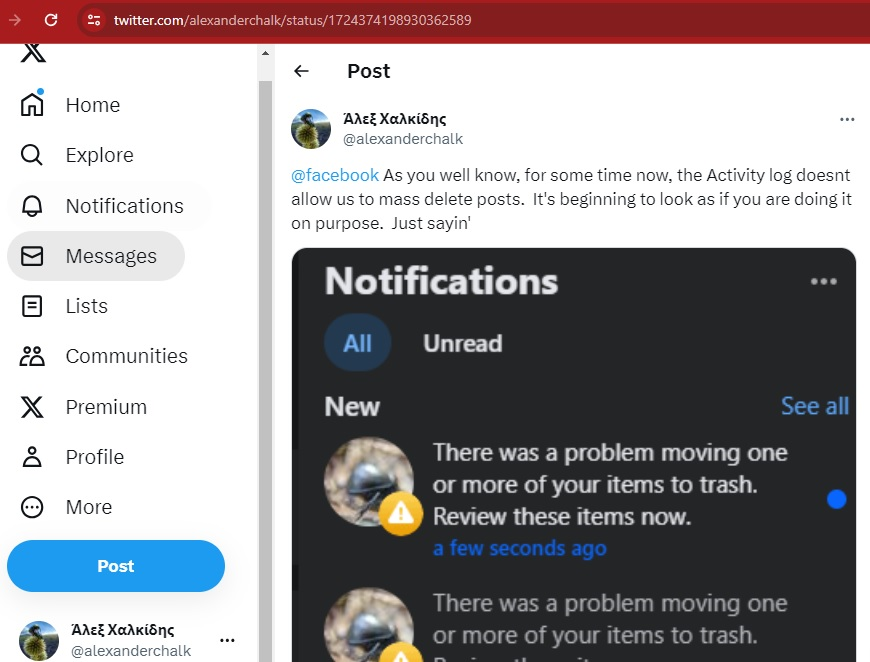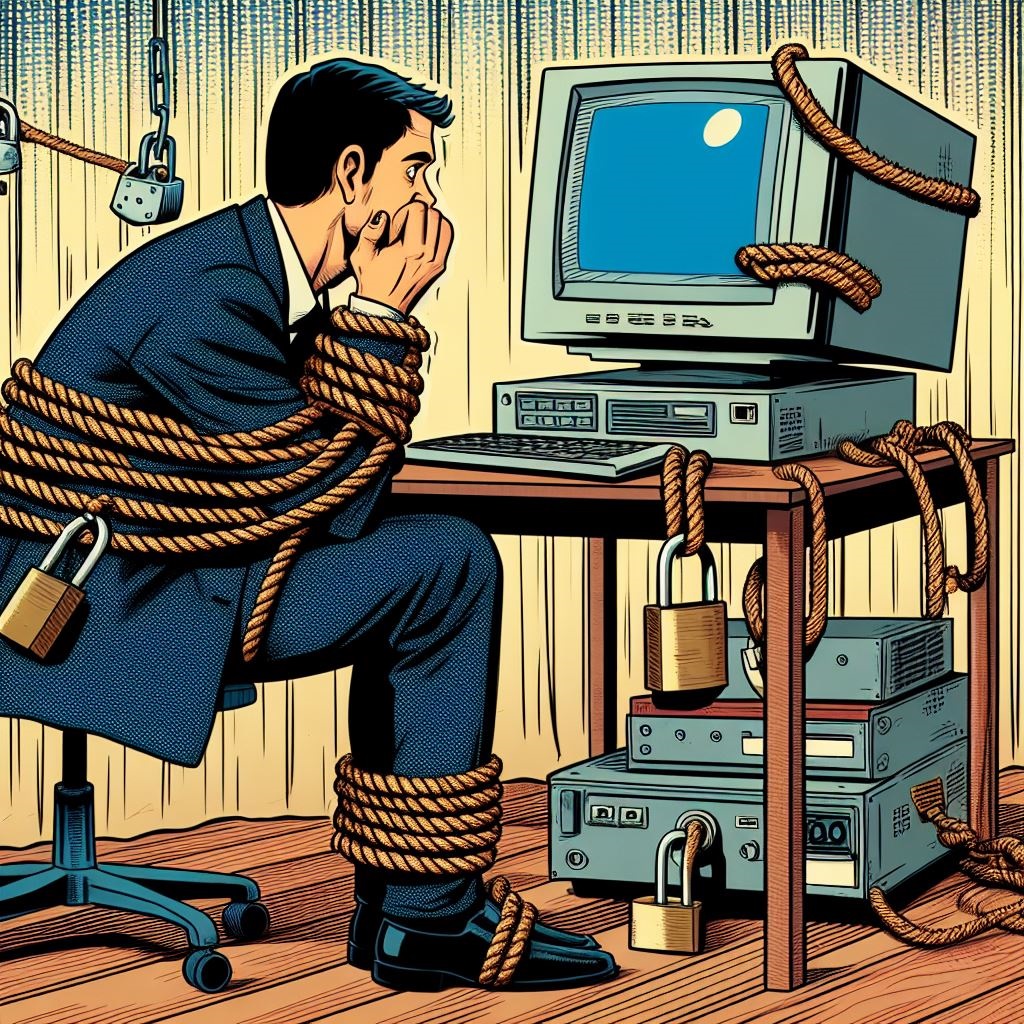Look at the market share. Globally Android has 73% of the mobile operating market and iOS 26%. But in Africa it is more like 83% vs 14%. Only in North America is Apple ahead. And this has repercussions which I am amazed the rest of the world puts up with.
Unlike Google that tries to build products for humans all over the world, Apple is simply catering to its locals. It’s not just the languages it doesn’t bother including. It’s entire distribution and support is focused on the US, UK, France and a few other countries. That’s it. Apple has always acted – and still acts – as if it is a little Callifornian company that made it big. In America. And it doesn’t care about anyone else. The rest of the world can adapt to the products.
Is it working? Sure. The profits speak for themselves. Is it good for customers? Only if you are American. Here in Greece where I live, if you have a Mac computer you are the proud third minority after Windows (84%) and Linux (9%) as Apple only has 3% market share. Good luck getting any sort of support for your product, most Mac owners struggle to find a friend that knows what they can do about any issue. And they end up paying through the nose for good tech to help them out.
Globally OS X commands just 15% market share, even in the United States all those iPhone users aren’t buying as they total just 28% compared to 62% Windows users and even Chromebooks are making an attack and becoming popular. Yet somehow Apple isn’t irrelevant. Is it through innovation? Heck no! I would disregard their recent relative success with their own chipsets, it is a short lived fluke much like all those years when they were going to “burn Pentiums to the ground”. M1 is a party trick that fools only Apple die hards. No IT manager is falling for it because we all know Apple never sticks to anything long term. It is a marketing company, not a tech pioneer.
Is it important? I would say that it is a problem we need to take care of. It skews the market in a big way. A bad way. There are plenty exciting technologies that get shelved behind all the media focus on Apple adding a new button to its iPhone or something equally stupid as that in Apple’s constant efforts to copy Android whilst making it look like it thought of something up on its own.
So is Google better? Hell yeah! While Apple spends ages dreaming up of new ways to get their phones to use a different dongle that costs 80 dollars for no good reason, Google is out there making products for the entire planet. Saving lost languages. Making useful products we all use everyday like Search, Maps, YouTube and so many more applications of its advanced Artificial Intelligence that actually helps the planet. They are giving away protein databases to scientists and the infrastructure on which so much of the modern world progresses on.
Google is global, Apple is American.
And there is nothing wrong with being American. As long as they don’t try and sell their extremely limited in purpose and use case products to the rest of the world. In fact the way Apple refuses to follow international standards and constantly blackmails developers into their walled garden is costing the world economy every day. We live in a globalized world. Amazing collaboration such as what we witnessed recently with the COVID-19 pandemic can only be achieved though open standards and transparency.
If Apple was into pharmaceutical vaccine and developed a vaccine, it would be ten times the price of competitors, incompatible with anything else, they would not reveal their research results and would expect everyone to pay every year for an update. So why are you letting them control the devices you use every day?











